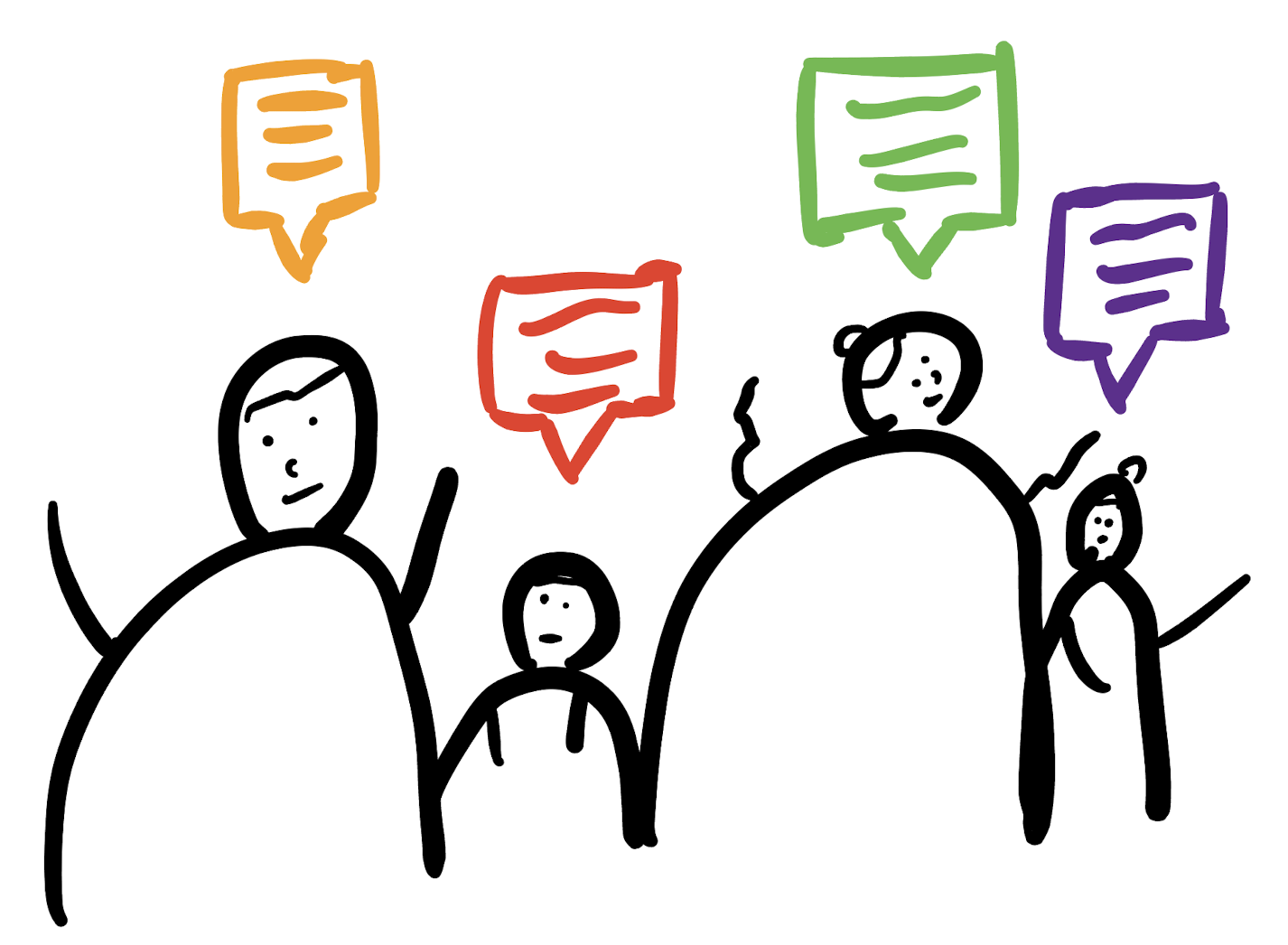Conversations are the building blocks of human relationships, yet many of us struggle to communicate effectively. The good news is that with a little practice and intentionality, you can improve your communication skills and build better connections with the people around you.
No monologues

Do you know someone who talks nonstop without ever pausing to let others interject or participate? It’s exhausting, right? If you want to have better conversations, the first rule is to avoid monologues. When you dominate a conversation, it quickly becomes dull, and others will tune out. Instead, aim to keep your responses short and allow space for others to respond. If you find yourself talking for too long, take a pause and ask a question to get the other person’s perspective.
- Don’t monologue and make pauses to give others the possibility to speak
- Take pauses and ask questions to make sure the others are interested in what you are saying
Ask questions

Asking questions is a vital aspect of good conversation. By doing so, you demonstrate to the other person that you are interested in what they have to say and encourage them to share their thoughts and feelings. Asking open-ended questions that require more than a yes or no answer is always a good practice. For instance, instead of asking “Did you have a good weekend?” try asking “What did you do over the weekend?” This way, the other person will be more likely to share their experiences, which can lead to a more engaging conversation.
- Ask open ended questions like “What did you do over the weekend?” instead of closed questions like “Did you have a good weekend?”
Don’t pretend to be interested
 It’s essential to be authentic in your interest in the conversation. If you’re not interested in the topic, don’t pretend to be. Instead, try to find common ground and respectfully acknowledge that the topic isn’t your area of interest. Being honest and genuine can help you build stronger connections with others.
It’s essential to be authentic in your interest in the conversation. If you’re not interested in the topic, don’t pretend to be. Instead, try to find common ground and respectfully acknowledge that the topic isn’t your area of interest. Being honest and genuine can help you build stronger connections with others.
- Don’t pretend to be interested in something you are not. Mostly people will notice and neither of you will enjoy the conversation.
- Find common ground and acknowledge that the topic isn’t your area of interest.
Invite people into your circle

One of the best ways to have better conversations is to make a conscious effort to invite people into your conversation circle. This means seeking out those who are standing alone or not actively participating in a group conversation and bringing them into the discussion. Invite them in by asking them a question and make space so they can join the conversation circle. By doing this, you make them feel welcomed and valued, which can be the start of a new and positive relationship.
- Invite people into your circle when standing and talking in a group.
- Make them feel welcomed by taking an interest and asking a question.
Talk to the shy people standing around
 Similarly, it’s essential to make an effort to talk to shy people who might be standing around the edges of a group. Shy people can often find it challenging to initiate conversations or interject their thoughts, but they might have valuable contributions. By approaching them and engaging them in a friendly and welcoming manner, you can help them feel more comfortable and confident in social situations. This is also a helpful trick if you are feeling shy at an event. Try to talk to a person standing around awkwardly, they will most likely be happy to talk to you.
Similarly, it’s essential to make an effort to talk to shy people who might be standing around the edges of a group. Shy people can often find it challenging to initiate conversations or interject their thoughts, but they might have valuable contributions. By approaching them and engaging them in a friendly and welcoming manner, you can help them feel more comfortable and confident in social situations. This is also a helpful trick if you are feeling shy at an event. Try to talk to a person standing around awkwardly, they will most likely be happy to talk to you.
- Talk to the people standing awkwardly around at events
Pay attention to body language

It’s crucial to create a psychologically safe environment for everyone involved in the conversation, which means actively working to get quiet people to participate. Some people may feel uncomfortable sharing their thoughts and opinions in a group setting, so it’s important to make a conscious effort to include them in the conversation. One way to do this is by noticing body language, such as someone leaning forward or raising their hand slightly, which could indicate they want to contribute, but are hesitant to do so. Encourage them to speak up and let them know that their input is valued. By giving everyone an equal opportunity to participate, you can tap into a wider range of perspectives and experiences, leading to more meaningful and effective conversations.
- Create a psychologically safe environment and actively engage quiet people.
- Notice body language to identify individuals who want to contribute but may be hesitant to do so.
- Encourage them to speak up and give everyone an equal opportunity to participate.
Final thoughts

Having better conversations is a skill that can be developed with practice. By avoiding monologues, asking questions, being genuine, inviting people into your circle, and engaging with shy people, you can improve your communication skills and form deeper connections with others. Remember that good conversation involves a two-way exchange of ideas and perspectives, and both parties need to be actively engaged for it to be fruitful.
So, the next time you’re having a conversation, try out these tips and see how they work for you!